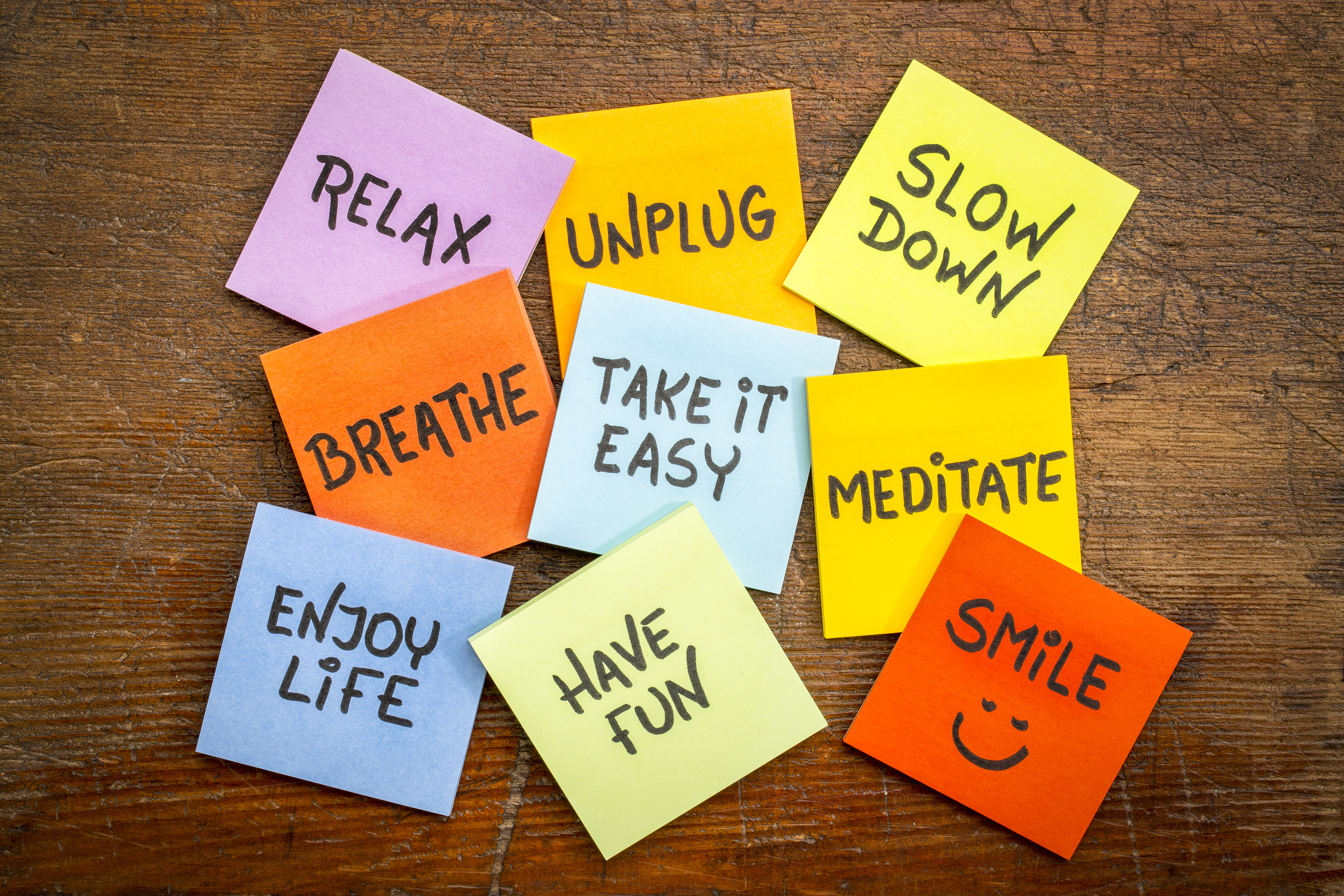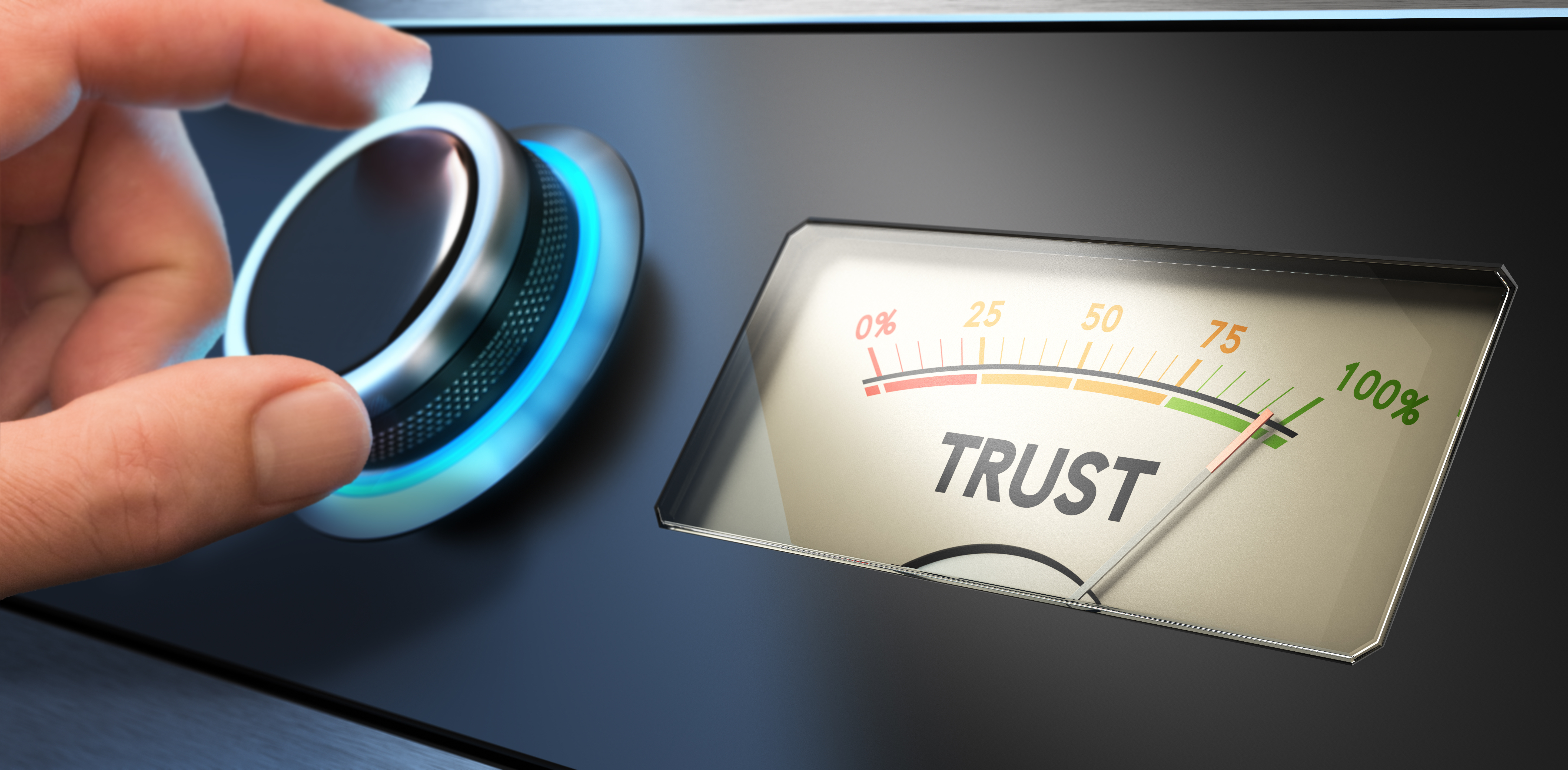How To Fight Digital Fatigue
Do you feel as drained as your phone battery by the end of the day? As we rely on digital technology in our daily lives more and more, feeling burnt out by all the screen usage is becoming a common occurrence. People across generations, some of whom genuinely enjoy their online time, are experiencing this digital fatigue.
For example, according to a Pew Research Center survey of US adults conducted in July 2020, 55% of adult social media users said they feel “worn out” by the discourse in their social media feeds – an 18% increase from just four years prior. Also, 25% of adolescents believe that social media has a mostly negative effect on their mental health, according to the National Center for Health Research. Social media usage isn’t the only cause of digital fatigue though.

Not only are we bombarded by personal emails and instant messages, but many of us also now work remotely at least part of the time. The world was going digital at a rapid pace prior to the onset of the COVID-19 pandemic, but things really kicked into gear after lockdowns began. The Paper & Packaging Board’s second annual Workplace Productivity Report states that 73% of the 2,000 workers surveyed say they are dealing with digital fatigue.
According to Psychology Today, before the pandemic, roughly two-thirds of all social interactions were face-to-face. Now, video calls are a popular mode of communication used for a variety of reasons: conducting business, going to school, checking on family, participating in fitness classes, playing games with friends, and beyond. As amazing as this technology is, and as helpful as it can be when face-to-face interactions simply aren’t a viable or safe option, video calls can be extremely draining. Another survey by Pew found that more than a third of those who are now using video conferencing often are worn out by it. This is because the rewards we receive from video chatting don’t justify how much energy it costs us to participate.
The human mind is always, often unconsciously, attempting to maximize reward over cost, so much so that even minor behaviors and decisions are impacted by this brain function. Activating the pathways in the brain that are associated with reward increases subjective alertness, energy, and motivation, according to Psychiatric Times. This means if you feel like your actions will lead to high reward, your energy level will increase. However, if the cost of an action is too high and the reward of accomplishing it too low, you’re likely to become fatigued by it, no matter how small.
Jeffrey Hall, a professor of communication studies at the University of Kansas, has conducted many studies on this subject both during and before the pandemic. He uses experience sampling, which involves checking in with people multiple times a day about what mode they last used for communication, who was on the other end, and how much energy the subject felt like that interaction had required. What he’s found is that compared to face-to-face, texting, and using social media, video calls require the most energy of all.

Digital forms of communication aren’t going anywhere though, and for good reason. There are many benefits to our various advances in technology. Plus, now that we’ve discovered how productive working from home can be, many job positions that previously required you to show up in person are going remote permanently. That means we must actively adapt to changes to be successful and feel our best.
One easy way to keep the digital fatigue at bay is to spend more time handwriting on physical pieces of paper. Writing activates the part of your brain called the Reticular Activating System (RAS), which is responsible for prioritizing anything that requires immediate focus while filtering everything else out. The fact that the act of writing things by hand stimulates the RAS is why people tend to retain more information through this process than they do by typing.
Studies have shown that writing by hand makes it easier for you to process knowledge into your memory as you are transcribing it. The activity involves more senses and motor neurons compared to using keyboards or screens, allowing you to both gain and retain information. It’s also one of the best ways to tap into both sides of the brain – analytical and creative. Getting your thoughts out on paper has even been found to help reduce stress. As you can see, there are a lot of benefits of writing!
The same can be said for reading. Being able to physically touch a publication is an entirely different experience than what you get with an e-reader. Even if you're not a print purist, you’re probably aware of how taxing the online world can be. Sifting through all the noise and misinformation on the internet to find a trustworthy source of information can become an even bigger ordeal than going to the library.
Again, no need to stick to analog, but if you’re experiencing digital fatigue, it’s time to find a healthy balance. Start by brainstorming simple ways you can fit paper into your daily routine so you can take advantage of its benefits. Here are a few suggestions:
● Take notes and make lists the old-fashioned way.
● Print out documents and make edits with a writing implement instead of reviewing them on your computer. Just be sure to recycle afterward!
● If you’re still working remotely, it’s time to commit and upgrade your home office by investing in notebooks, sticky notes, printer paper, and pens.
● Skip this week’s social video chats and send your loved ones handwritten letters instead.
● Feeling creative? Let that energy out by doodling or waxing poetically on scratch paper.
● End the day by reading a book instead of watching a streaming service.
The most important thing to do is to set boundaries with your devices. Everyone needs a break from the screens sometimes. There are some tasks that can still be accomplished with paper. Incorporating these into your life can help break up your days and fight the onset of digital fatigue.






Leave a Reply